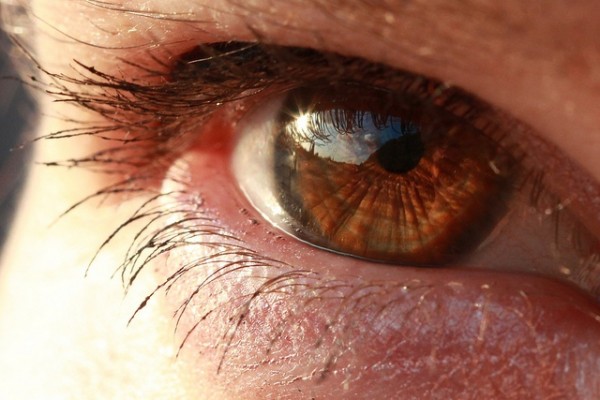Outdoor activities may be linked to exfoliation syndrome in eyes

Bottom Line: Outdoor activities may increase the odds of developing exfoliation syndrome (XFS) in the eyes, a condition which has been linked to cataracts and glaucoma.
Author: Louis R. Pasquale, M.D., of Harvard Medical School and the Massachusetts Eye and Ear Infirmary, Boston, and colleagues.
Background: XFS is a harmful aging of the eye associated cataracts, elevated intraocular pressure and retinal vein blockage. There is evidence that climate factors contribute to XFS. For example, aboriginal Australians who spend lots of time outdoors have a higher prevalence of the disorder. But the relationship between ultraviolet (UV) radiation (UVR) and XFS needs further study because some reports of a link have not been consistent.
How the Study Was Conducted: The authors examined the relationship between UVR and XFS in a study with clinic participants in the United States (118 cases, 106 control patients) and Israel (67 cases, 72 control participants). The authors analyzed the latitude where people lived and the average number of hours per week that they spend outside.
Results: Where people live appears linked to XFS, with each degree of weighted lifetime average residential latitude away from the equator associated with an 11 percent increased odds of XFS. Every hour per week spent outside during the summer, averaged over a lifetime, also was associated with a 4 percent increased odds of XFS. The odds of XFS decreased by 2 percent in the United States, but not in Israel, for every 1 percent of average lifetime summer time during the day that sunglasses are worn. In the United States, a history of working over water or snow also was associated with increased odds of XFS. There appeared to be no association between brimmed hat wear and XFS.
Discussion: "This work provides evidence for a role of reflected UV rays in contributing to XFS. It by no means excludes other genetic and environmental mechanisms in XFS pathogenesis. If confirmed in other studies, there could be reason to consider more widespread use of UV-blocking eyewear in the prevention of XFS."
Sep 04, 2014 08:48 PM EDT





